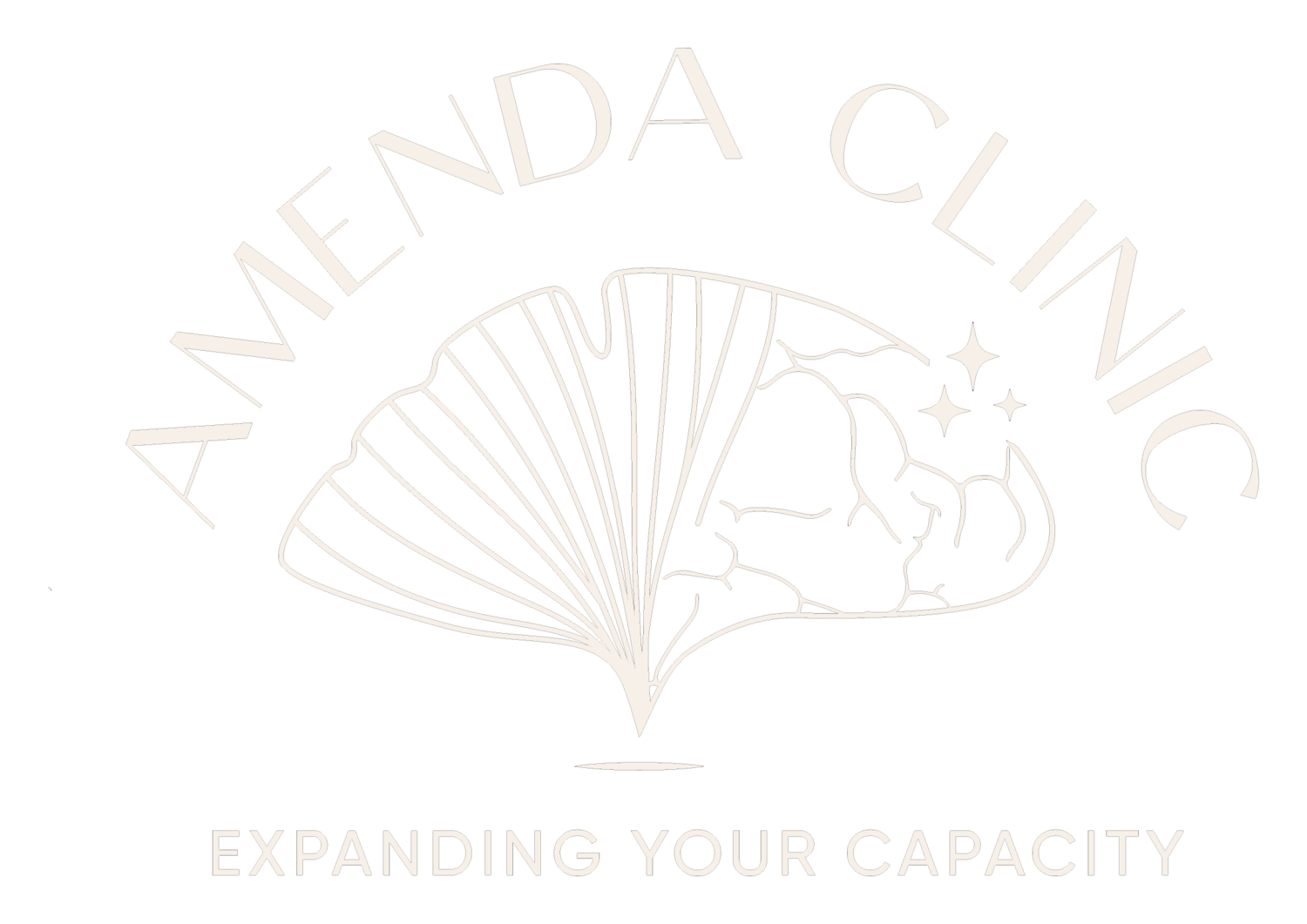Earlier today I found myself telling a patient that I have strong opinions about psychiatric diagnosis. This post is me trying to sort out some of those strong feelings.
When it comes to most diagnoses in the DSM-5 (The Diagnostic and Statistical Manual of Mental Disorders, Fifth Edition), I look at many of them as different ways that the body and mind can express trauma. We each have our own experiences of the world and can end up with unhealthy coping mechanisms that we need help with. It can be important to know if your brain does mania or psychosis, because that might change what treatments we try first, but for the most part I consider myself “diagnosis neutral.” What’s more important to me is the person I’m across the table from (or across the telehealth room from), not the boxes that you fit into.
I feel a little differently about diagnosis neutrality when it comes to ADHD and Autism. It’s common for people with these neurotypes to have been told stories about how they’re deficient or broken that they then internalize. No, you’re not broken. You're probably not lazy. There's probably a reason that you're doing what you're doing. Your brain works differently than what’s expected in our society. It can be empowering and freeing for people to get a diagnosis of ADHD or Autism (or both) because they can finally understand why they didn’t fit in. Having one or both of those diagnoses can connect you with a community of other people with similar experiences to yours. There may be differences in how we might approach treating your symptoms if you have a neurodivergent brain.
In both of these cases, I want you to be able to tell the most generous story about who you are. There is so much stigma around some diagnoses that having that label can inhibit people’s joy and growth. And simultaneously having a new label for what’s going on in your brain can open up new doors to joy and growth. If you’re looking to understand how your emotions work better, I can help you sort out which symptoms are which and give you a name for what you’re experiencing. But just as easily we can work with what you bring to the table without attaching labels.
-Dr. Vera Alcorn

